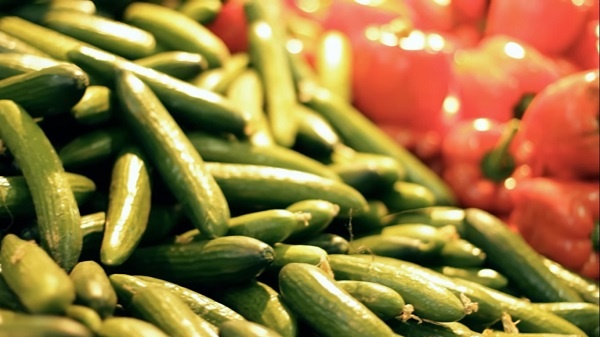
ADDIS ABABA (ILRI News) – More than half a billion people around the world fall ill every year from the food they eat. As a result, ensuring food safety remains a major global challenge. As we celebrate the World Food Safety Day on 7 June 2021, it is important to understand the burden of foodborne disease and how it affects us.
Foodborne diseases — diseases contracted from consuming contaminated food and drinks— affect us in many ways. Commonly resulting in vomiting or diarrhea, the consequences can often be far more severe. In fact, foodborne diseases result in almost half a million deaths a year globally, particularly affecting children.
As well as deaths and illness, foodborne disease has a massive financial impact on households and the wider national economy, with many people unable to work while they are sick and often having to spend money on treatment.
Africa bears the largest per capita burden of foodborne disease. Every year, more than 91 million people fall ill and 137,000 die, a toll comparable to the continent’s losses from major infectious diseases such as malaria, tuberculosis and HIV/AIDS.
Although global and regional estimates of disease burden are useful, the availability of reliable country-level estimates is essential to guide efforts to improve the situation, including for increasing public awareness and mobilizing political commitment and resources to combat foodborne diseases.
Urban food markets in Africa: Incentivizing food safety using a pull-push approach is a research project led by the International Livestock Research Institute and funded by the Bill & Melinda Gates Foundation, UK Aid from the UK government and the CGIAR Research Program on Agriculture for Nutrition and Health.
The project works with partners to provide estimates of the incidence of key foodborne diseases in Ethiopia and a better understanding of the cost of foodborne disease, how these diseases manifest and how they can be controlled.
It also develops and tests a novel but simple and practical approach to improving food safety. This includes increasing consumer awareness on food safety and using consumer demand for safe food to drive improvement in the safety of food sold in markets. The project supports food traders to improve food safety and trains government specialists and regulators working in food safety.
The project’s ongoing activities in relation to estimating the burden of foodborne disease include the following:
- Producing national estimates of the burden of certain foodborne diseases in Ethiopia. This includes estimating risks and burden of foodborne disease for key pathogens in chicken and tomatoes.
- Assessing the cost-effectiveness of different food safety control measures to produce a list of feasible and affordable interventions to reduce food safety risks.
- Conducting food surveys to measure food contamination levels with pathogens and pesticides.
